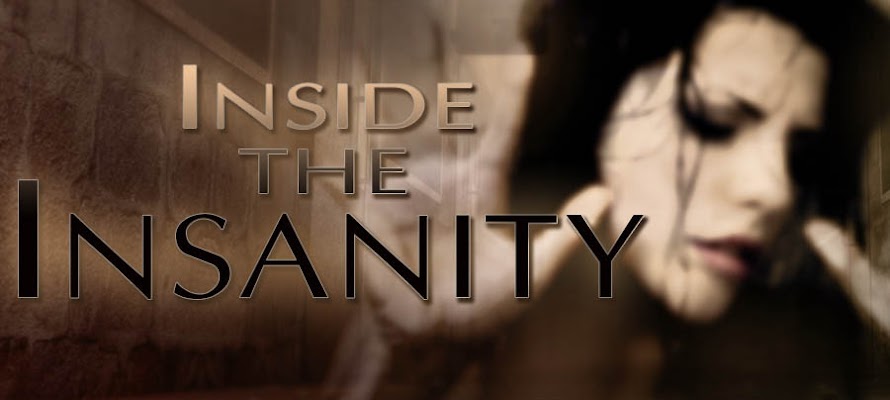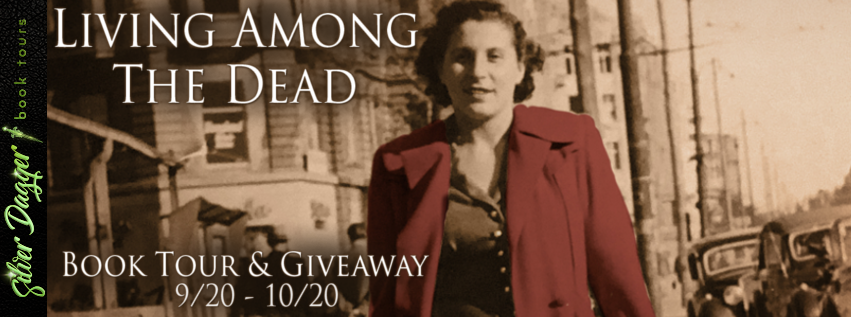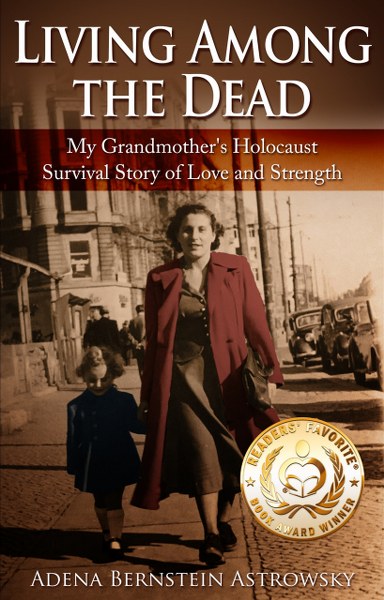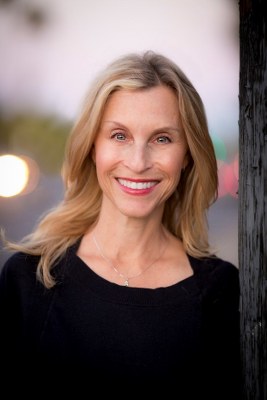Why did you write the book?
As a means of coping with the trauma of the Holocaust, my grandmother wrote. She wrote about meaningful things to her such as her childhood, her family, her garden, etc. Over the years she would send me her writings and I found that as time went by I had them stored in all different places of my home. So, initially my goal was to gather all of my grandmother’s writings and copy them into a bound packet so that my children would have them all in one place. Then I decided the writings would make better sense if they were imbedded within the context of whatever she wrote about so I began doing some of my own research, including listening to her interview with Steven Spielberg’s Shoah Foundation multiple times, and interviewing her. As others learned of what I was doing, I began getting requests for copies of the completed product. At the same time, I spent a lot more time learning the historical context that surrounded her writings and decided to also offer my third-generation survivor perspective as I thought it was equally important to help combat current forms of hate and genocide occurring all over the world. If we don’t begin addressing the roots of hatred, there is no way to ensure another holocaust won’t occur in the future.
Did you think it difficult to write about your family's hardship?
It was extremely difficult to write about my grandmother’s hardship because fleshing out the details caused my grandmother to relive the trauma. It was helpful to me that she was interviewed in the late 1990s by Steven Spielberg’s project, the Shoah Foundation, as I was able to learn many of the details through her videotaped interview, but still, asking my grandmother to recount countless details caused her obvious pain which in turn caused me to feel badly.
Another interesting thing occurred during the writing of my book: I was put in touch with a childhood friend of my grandmother’s. This connection came through a contact I was working with at Yad Vashem. I was able to communicate with my grandmother’s childhood friend through a college friend of mine who spoke Hebrew and was living in Israel at the time. This woman grew up in the same hometown as my grandmother and they were very close in age. Additionally, they lived together in the first ghetto before being separated. She shared with me some beautiful and unknown stories about my grandmother that my grandmother never told anyone. I can only assume that my grandmother had a reason for not sharing certain things and although I knew many would find the stories interesting, I decided not to include some of them in the book.
Now that only a few survivors are alive, do you think this type of book will becoming a new genre?
As fewer survivors remain alive, any new “Holocaust Memoirs” will decrease. We will likely start seeing a new genre of books like mine, written by descendants, and based on the information they were able to glean from the survivors during their lifetime, their own research, and their own personal perspective.
What is your main message with this book?
Nearly seventy-five years after liberation, we are still witnessing acts of cruelty born out of hatred and discrimination. My message in “Living among the Dead” is to remind people of the beautiful communities that existed before WWII, the lives lost and those that lived on, and the importance to never forget these stories so that history does not repeat itself.






No comments:
Post a Comment